RV travel can be a super fun way to explore, but it has its learning curve. I’ve seen first-time RVers, myself included, get tripped up by some pretty common slip-ups. Planning ahead takes some of the stress out of the equation and helps make the whole adventure smoother.
So, I’m sharing a full rundown of RV mistakes I’ve made or seen, so you can dodge them and focus on the adventure.
Common RV Mistakes (and How to Avoid Them)
RVing isn’t just about hitting the open road and picking a spot to park for the night. There are lots of moving parts to keep track of beyond just driving. A little upfront know-how can save you from some real headaches, wasted time, or even costly fixes.
Whether you’re renting or buying an RV, careful research helps travelers pick the right vehicle and campsite every time. The number of new RV owners has spiked over the past few years, and surprisingly, the same mistakes keep showing up. Here’s a closer look at what goes wrong and what to do instead.
RV Campsite Booking: Not Checking Size & Access
Booking a site without double-checking its size can cause serious complications. Not every campsite fits every RV. If your rig is more than about 25 feet long, you’ll run into some restrictions, especially at older or state-run campgrounds. I once thought, “It’s a campsite, it’ll fit!” Not always true.
Narrow access roads, tight turns, or low-hanging branches can make maneuvering in a big RV a tense experience. Having to reverse out or find another place late in the day gets old fast.
- Always confirm the maximum RV length permitted when you book.
- Ask about road access, surface type, and overhead clearance.
- Look online for recent photos or reviews about campground RV access.
Websites and campground apps like Campendium or RV Life are pretty handy for checking this info ahead of time.
Leveling and Hookups: Forgetting Tools or Key Parts
Getting set up in a new spot is way easier with the right tools. Forgetting your leveling blocks, wheel chocks, or your sewer hose isn’t just annoying; it’ll put a pause on the whole process. On my first trip, I figured the site would be “pretty level.” It wasn’t, and sleeping on a slant is not much fun.
- Leveling blocks help get your RV stable and prevent issues with slides, fridges, and comfort. Bring enough for uneven sites and double-check you’ve packed them before rolling out. Even with a leveling system, leveling blocks may still be required.
- Sewer hose support, a working connection, and the correct fittings keep you from a messy situation. Make sure everything’s in your storage bay and not left at home in the garage.
- Wheel chocks stop your RV from moving during setup and teardown, a simple step that can prevent accidents.
Extra tip: put together a “setup checklist” and keep it taped near your RV’s entrance so you never forget.
Reversing and Parking: Not Practicing Beforehand
Backing up an RV, especially a bigger rig or a trailer, takes skill. I underestimated how much practice it actually needs. Your very first attempt at reversing into a site shouldn’t be at a crowded campground with everyone watching.
- Practice in an empty parking lot with cones or makeshift markers before your trip.
- Know your blind spots and get comfortable using your side mirrors. Backup cameras are helpful, but you still need real-world practice.
- Work out a set of signals or phrases with a spotter, or let them use their phone’s speaker for easier communication.
- If you feel completely overwhelmed driving an RV, you can reach out to RV Driving School. They can assist with motorized or towable RVs, and they come to you!
This kind of dry run can take lots of the nerves out on travel day.
Tire Pressure: Skipping Checks or Not Using a TPMS
RV tires might look tough, but they lose air just like any vehicle. Underinflation is one of the biggest causes of blowouts, which can ruin your day and cost a lot in RV repairs. In my early days, I just “eyeballed” the tires. Turns out, that’s not a smart move at all.
- Always check tire pressure (and temperature, if possible) before every drive. Most RVs need much higher pressure than a car tire, sometimes 65-130 psi.
- Investing in a tire pressure monitoring system (TPMS) gives real-time updates while you’re driving. It’s a pretty solid safety upgrade and easy to install yourself.
- Look for worn tread, sidewall cracking, or bulges. RV tires age out before they wear out, so replace them every five years.
A digital tire gauge and a portable air compressor are two tools every RVer should own.
Packing Problems: Overpacking Gear and Underplanning Storage
It’s super tempting to pack all your “just in case” gear, especially when you see all that RV storage. But storage fills up fast, and heavy loads will hurt gas mileage and make driving trickier. It can also be unsafe if you exceed the RVs GVWR! My kitchen gear exploded out of every cabinet on my first trip. Now, I pare things down and weigh my RV when things change as far as stored items inside the RV.
- List out your true day-to-day needs, then shed nonessentials. Two sets of bedding instead of four, less cookware, and just enough outdoor gear go a long way.
- Take advantage of soft-sided totes, collapsible kitchen gadgets, and underbed storage.
- Remember that every pound adds up. Check your RV’s gross vehicle weight rating (GVWR) and avoid overloading to stay safe and prevent damage.
One bonus tip for space: give every item a spot, and always put it back in its spot so you aren’t searching under the couch every day.
RV Hookups: Not Understanding Power, Water, and Sewer
RV hookups aren’t always wildly complex, but each has its own process. Plenty of RV newbies damage their rig’s systems or get stuck with a power problem they can’t fix.
- Power: Learn the difference between 30amp and 50amp. Bring adapters for both, plus a surge protector to save your electronics from campground surges.
- Water: Always use a pressure regulator to protect your plumbing. A drinking water safe hose plus a filter will keep your freshwater fresh.
- Sewer: Use a clear elbow on your sewer connection, which, though a bit gross, helps see when the tank is clean. Never open your black tank first. And always wear gloves, since it only takes one accident to learn that.
Taking some time to read your RV’s manual for these systems really pays off and saves a bunch of cleanups and repairs.
Budgeting: Assuming RVing is Always Cheaper Than Traditional Living
There’s a belief out there that RVing is a “cheap” way to live or travel. But costs can sneak up quickly: fuel, maintenance, insurance, campground fees, and upgrades add up fast. I once skipped a real budget, and my bank account took a serious hit.
- Track your mileage, anticipated campground fees, fuel, and planned upgrades ahead of time.
- Factor in emergency repairs, annual maintenance, and potential storage if you leave your RV unused part of the year.
- Memberships, discounts, or boondocking can stretch the travel fund, but they won’t erase all costs.
Try using a spreadsheet or RV budget app to map out monthly and seasonal expenses before going all in.
Other Classic RV Errors to Watch Out For
I’ve found a few more trouble spots worth keeping on your radar. They’re not as obvious, but they can still throw a wrench in your plans:
- Not securing items inside before driving. Things will shift, break, or spill everywhere (ask me how I know).
- Leaving slides or awnings out in high wind or heavy rain, which can get damaged in a hurry.
- Missing campfire rules. Loads of places restrict open flames depending on the season.
- Forgetting to double-check your route for low bridges or tight tunnels, especially with tall rigs.
- Skipping signal checks or arrival times. Some parks have gates or curfews that lock you out overnight.
Building a checklist and a “departure routine” helps keep these basics covered so you can focus on the fun stuff.
FAQs About Avoiding Common RV Mistakes
Do I need to call ahead and check every campsite?
It’s a smart idea, especially during peak season or if your RV is large. Parks update policies, site sizes, and availability all the time.
How much water or fuel should I bring?
Plan at least a couple of days’ capacity of each, especially when boondocking. Seasoned RVers always say it’s better to overestimate a bit if you’re new to a route or campground. But remember, water weighs a little over eight pounds per gallon. Carrying too much and you could exceed your RV’s GVWR.
How often should I check tire pressure on my RV?
At a minimum, check before every travel day. Changes in temperature and elevation will make more frequent checks worthwhile. You can read more on RV tire safety and maintenance here!
Tips for First-Time RVers
Some of this stuff seems overwhelming at first, but it becomes second nature with practice. Take a few smaller shakedown trips before your big adventure. Join an RV club, chat in online forums, or swap ideas with other travelers in the park. The RV community is actually one of the friendliest groups I’ve found for sharing tips and advice.
RVing for Fun and Comfort
Getting the most out of RV travel is all about planning, staying flexible, and learning as you go. Mistakes happen, even to seasoned road warriors, but the best stories always come from lessons learned out in the wild. The first time you pull into a perfect campsite and get everything set up just right, it really feels worth the small stumbles along the way.
RVing is full of freedom and challenges. Prep smart, expect some surprises, and you’ll wind up with experiences and memories worth every mile. If you’re looking for more ways to improve your RV adventure, keep reading on for some extra pro tips and stories from the road that can make a difference for both rookies and seasoned drivers.
For example, staying organized with labeled bins can give a boost to daily tasks, while routine pre-trip inspections can take your confidence up a notch each time you set out. Besides, the RV community is a goldmine for suggestions on gadgets, gear, and secret scenic spots you might otherwise miss. I can’t recommend enough getting involved in a local chapter or online discussion board, it’s helped me stumble upon everything from route ideas to unexpected fixes.
For those just starting out, keep in mind that comfort doesn’t stop at having the right gear. Finding your rhythm with setup routines and travel schedules can help stress melt away, making every destination a bit more relaxing. Don’t forget to share your stories and tips with fellow travelers. You might help someone else avoid a misstep and gain a new friend in the process.
____________________________________________
For more RV tips or to ask questions, check out our growing resource hub.
Is there something you’re passionate about? Creating an online income stream is one way I’ve kept my RV adventure rolling longer. If that interests you, here’s how I stay connected from the road.
Wishing you happy travels. See you out there!

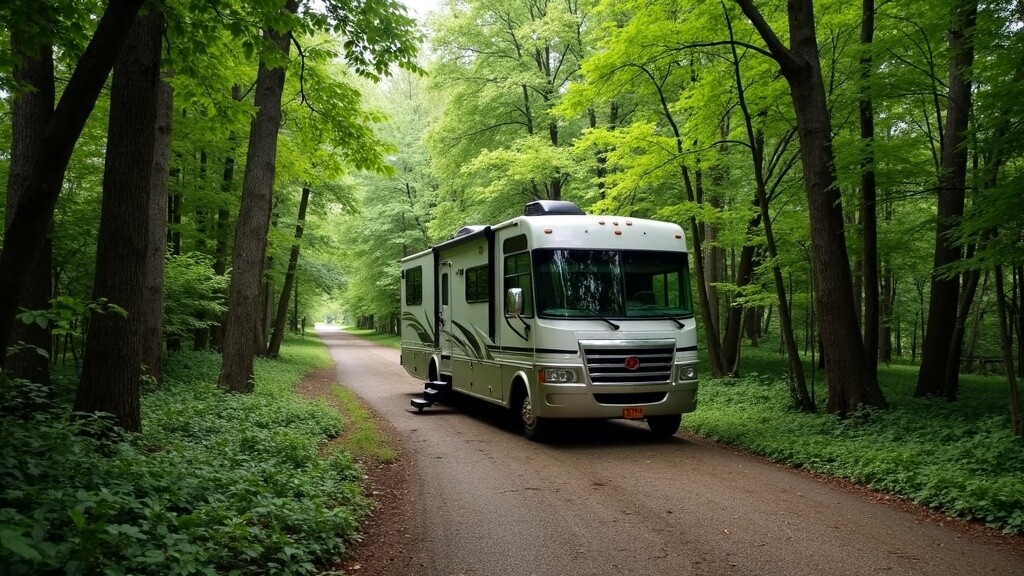
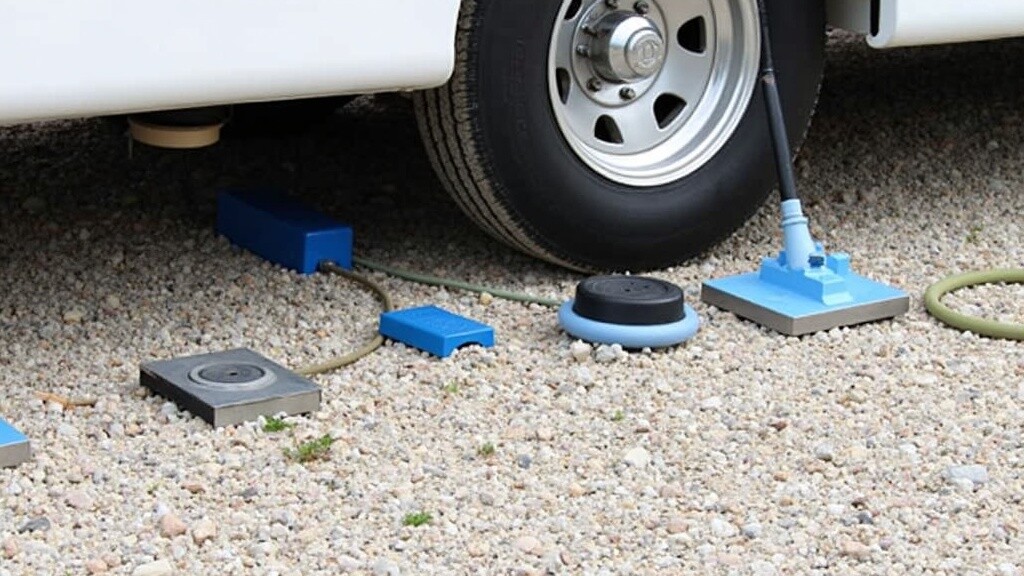
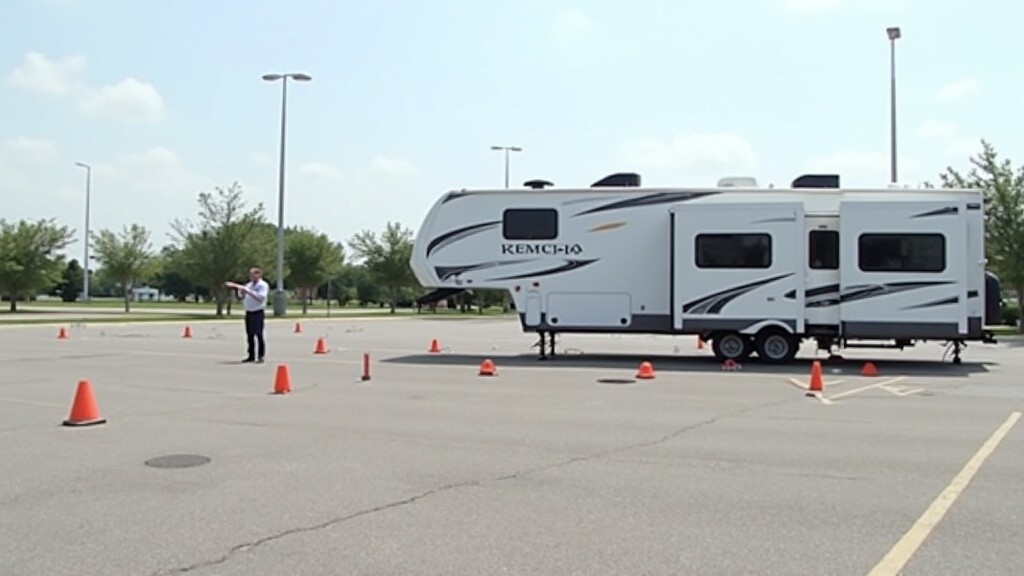
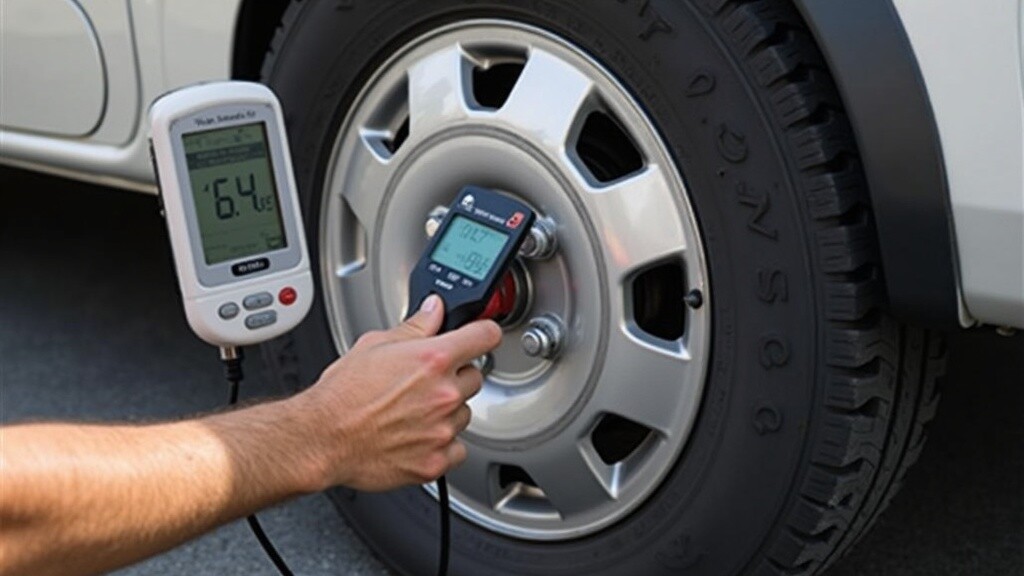

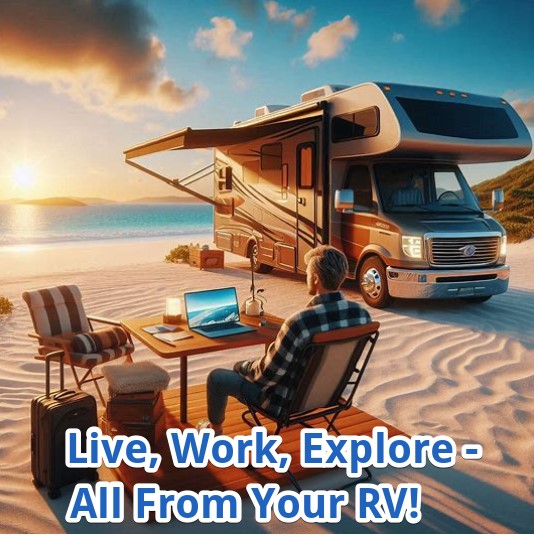
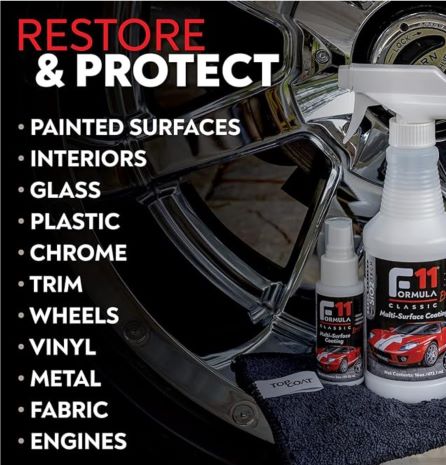
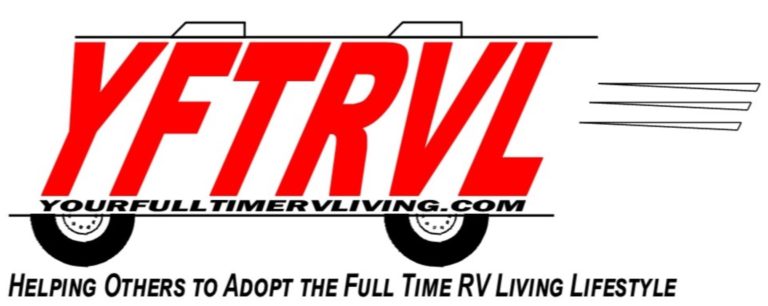



Recent Comments